Who benefits from the Tour de France 2023?
Now that the route of the 2023 Tour de France has been presented, the predictions and speculation about who will be the next winner have begun. The profile of the race, with little time trial and totally opposite to the proposal made by the Giro d'Italia for its next edition, makes it difficult to predict which cyclists will set their target in the month of July.
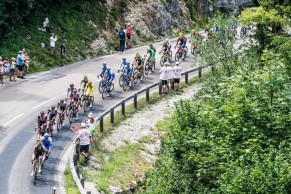
What is the ideal rider profile to win the 2023 Tour de France?
It has only been a few hours since we have known the route of the 2023 edition of the Tour de France and we are still looking and looking over the route to try to find all the essence of its proposal.
On one hand, there is a classic route, with many flat and transition stages that allow the leaders to face the key moments with full guarantees. On the other hand, after a somewhat intense start, due to the broken terrain typical of the Basque Country and the early arrival of the Pyrenees, which, although it has some tough stages, these do not seem to have a design intended to be decisive.
RECOMENDADO
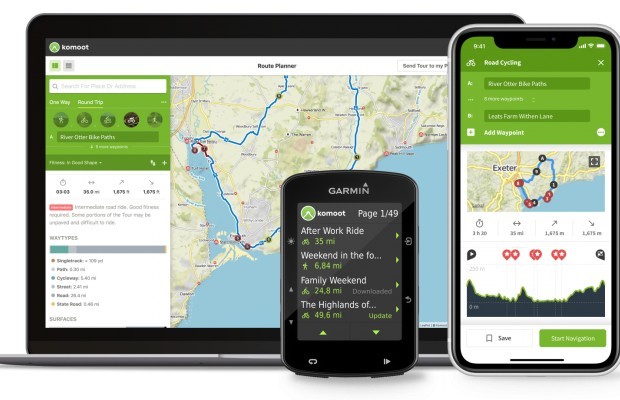
The best apps for cycling and mountain biking
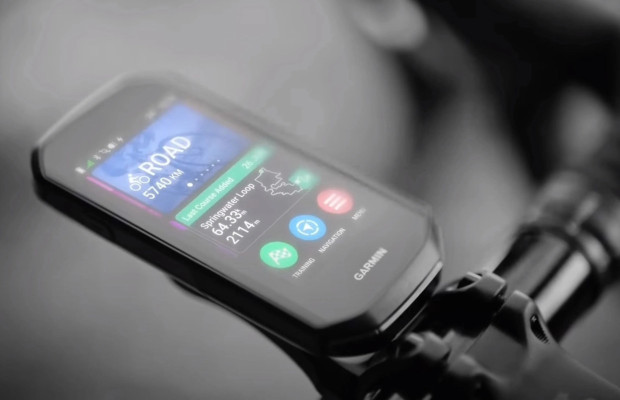
Black Friday Garmin 2025: the ultimate guide to choosing your GPS at the best price
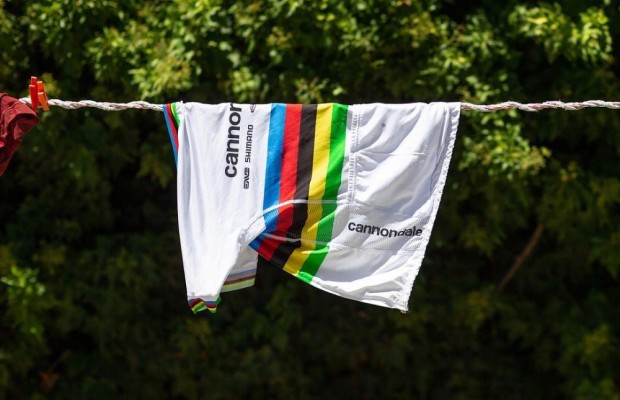
How to wash your cycling clothes? 10 keys to make them always look new
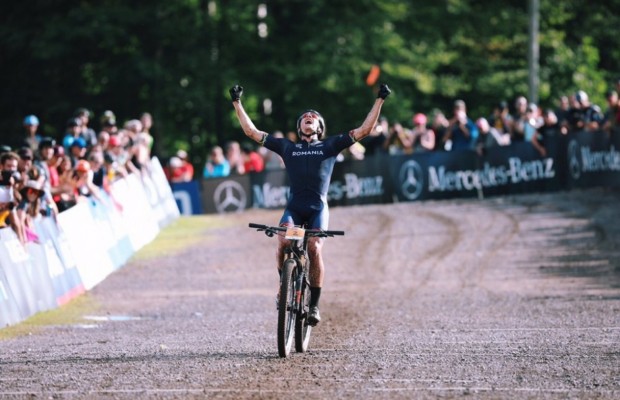
The real importance of signing up for a race
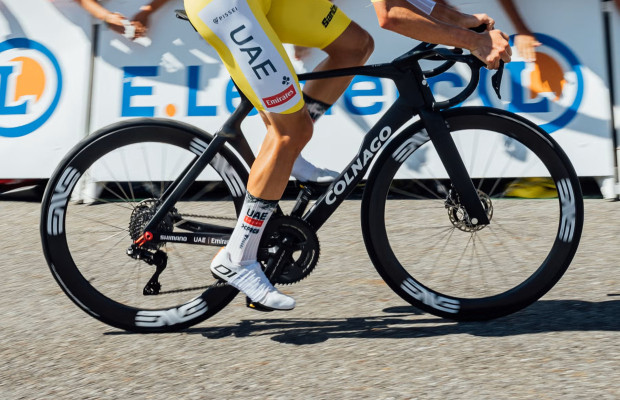
The best road bikes of 2025
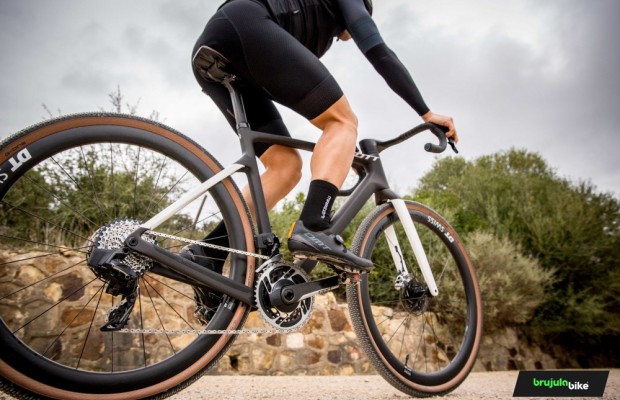
The best gravel groupsets of the moment
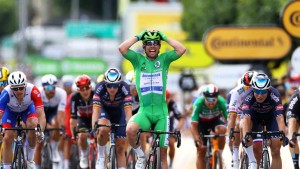
These transitional stages leave plenty of opportunities for the sprinters, including, hopefully, Mark Cavendish, who is still just one win away from beating Eddy Merckx's record of stage victories in the Tour de France, as long as he finds a place in a team with a chance of participating in the Tour de France, which is uncertain due to the strange situation at B&B Hotels - KTM, which, in theory, will be his next team.
It will be in the Alps, between the second and third week, that the outcome of the race will be decided, once again with stages that, although they are hard, do not seem decisive, except of course, for the Courchevel stage.
In between, located in a totally atypical place, right in the middle of a mountainous block and after the second rest day, the only time trial that this Tour de France 2023 will have. A time trial that clearly aims to avoid big losses for the less specialist riders, thanks to a broken route that includes two small climbs in its barely 22 kilometres.
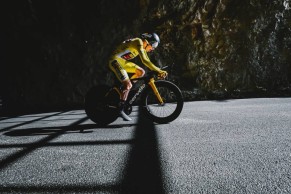
In short, a proposal for the Tour de France that could be attractive for its constant nods to the history of the race, with finishes that were once typical and routes that take us back to the pioneering mountain stages of the grande boucle, but which, in our opinion, is diluted in kilometres somewhat short and in some mountain stages that are either single-port or have a finish aimed at discouraging the battle from afar, in a search for the gaps to be as tight as possible and for the race to arrive open to the final outcome in the Vosges.
A race proposal that the Tour de France seems to have inherited from La Vuelta a España, a race that also belongs to ASO, owner of Unipublic and which, from a television point of view, has proved to be a complete success, but not so much in sporting terms by restricting any hint of surprise in the outcome in an obsession to maintain the excitement until the last day of the race.
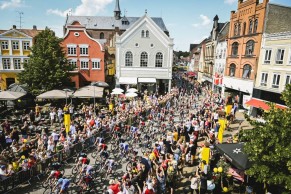
Within the cycling world, the debate is once again raging between those who are disappointed with the sporting approach and those who understand that the Tour de France is a product, the most important in the world of cycling, and that it is important to get the most out of it. Realistically, the race already counts that regular fans and supporters of the sport will be following every minute of the race.
The Tour de France organisers' aim with this design is therefore to attract the occasional fan, whose only reference point for competitive cycling is precisely this race, to the screens and even to the roadsides. If you have ever followed the Tour on the road, you will surely know what we are talking about: it has nothing to do with any other race on the calendar.
Who will win the Tour de France?
After this analysis of the route, comes the million-dollar question. The one that invites you to guess who or what profile of rider could win the precious yellow jersey in Paris.
Evidently, even if some people are tentative or wishful thinking, in the end, the Tour is the Tour and the best riders in the world will be there in their best condition, despite speculation such as the one that placed Jonas Vingegaard at the start of the Giro d'Italia, which he himself denied a few days ago.
Although the route of the transalpine round is more suited to the brilliance of the current top riders (Pogacar, Vingegaar or Roglic) who can take advantage of both the many kilometres against the clock and the very tough mountain stages of the Giro d'Italia, the fact is that they will surely be at the start of the Tour de France. Given the demands of today's cycling, it must be considered unlikely that any of the favourites will take part in both races.
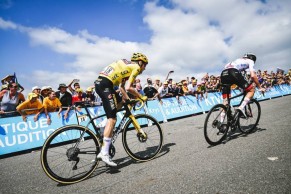
In fact, Tadej Pogacar himself declared after the presentation that he likes this route which prioritizes the mountains, highlighting the importance of such a hard first week with the stages of the Basque Country, the early Pyrenees and the closing in the Puy de Dome, all before the first rest day. However, he also alluded to the lack of nervous stages that the Tour peloton experienced on Danish soil or the 2022 Tour stage on the cobblestones of Paris-Roubaix.
On the other hand, the Tour de France, despite not having a mountain as decisive as the Giro, offers good terrain for a strong team to control the race, leaving little room for surprises. This is the right environment for two powerful squads like Jumbo-Visma or UAE Team Emirates to battle it out and showcase their sponsors.
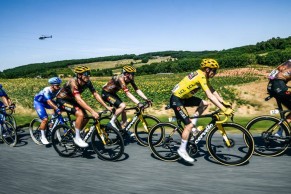
However, this same lack of decisive mountains and, above all, of time trials, also opens the door to other guests who could sneak into the party of the two big teams. We are talking about riders such as Richard Carapaz, who we must wait to see how EF Education-EasyPost will be able to support, or INEOS Grenadiers, which is always obliged to do well in the biggest showcase in the world and which is eagerly waiting for Egan Bernal's recovery to be complete and satisfactory.
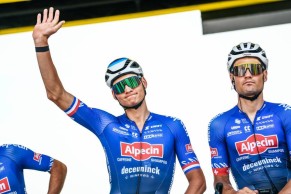
In any case, we will have to wait until the month of July to enjoy what the Tour de France can offer us and that next season also adds a new conditioning factor to the preparation of the cyclists, which is none other than the World Cycling Championships, in the macro event that will bring together the track and mountain bike championships in Scotland, which will take place in mid-August, something that will undoubtedly attract to the French roads many classicist cyclists who can add colour to those transition stages proposed by the race.